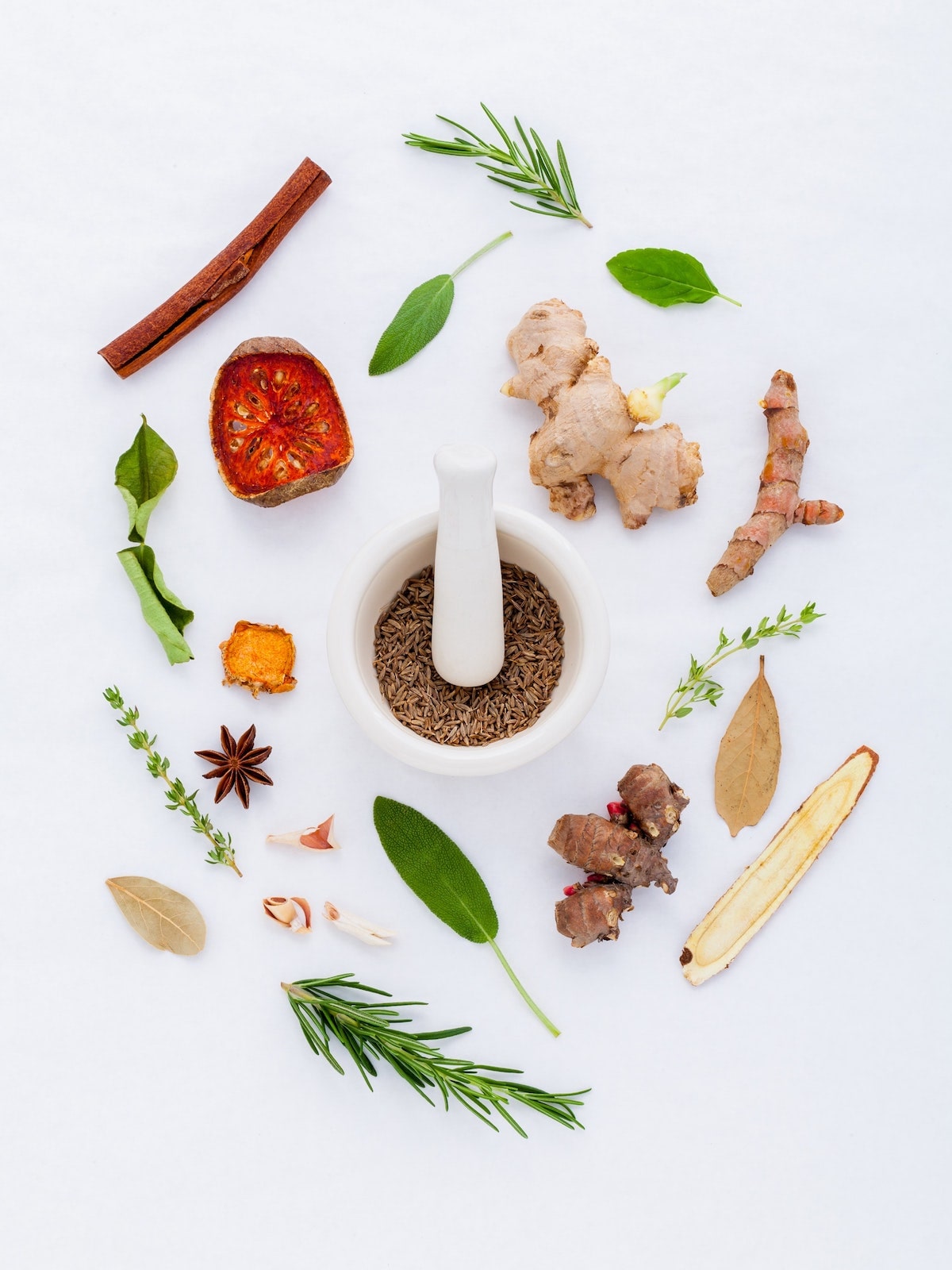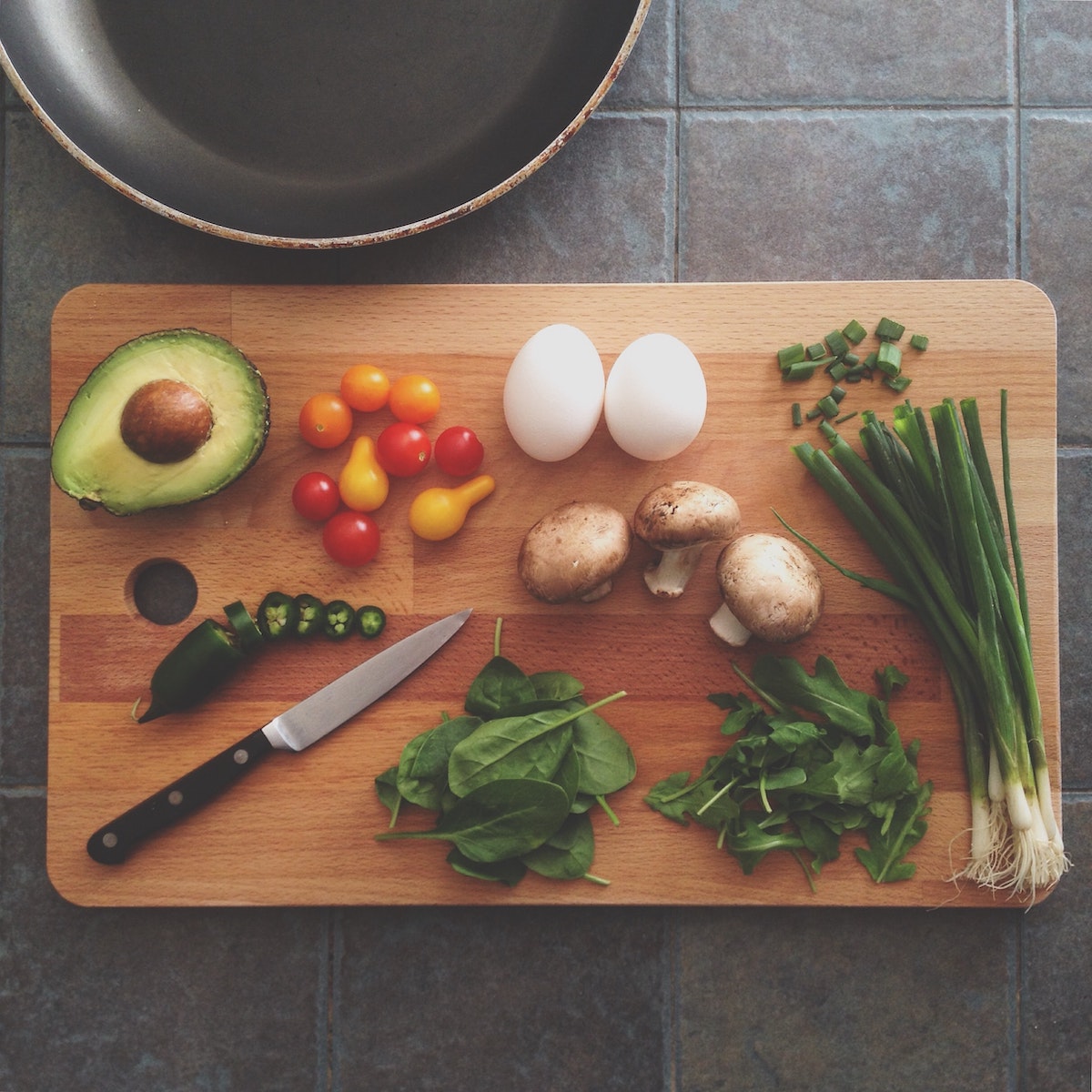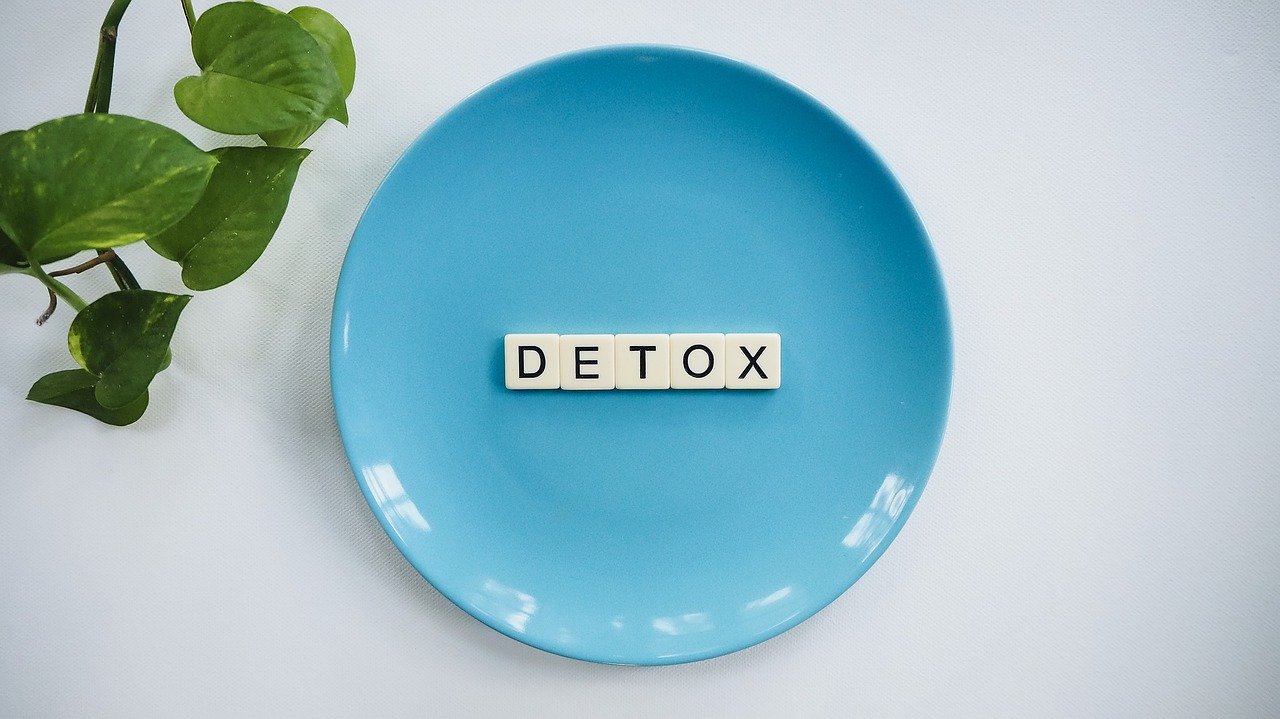Herbs that help to reduce inflammation
When it comes to finding a natural anti-inflammatory, you might not have to look any further than the herbs and spices in your pantry.
While many of us already know about the health benefits of turmeric, there are numerous other common herbs and spices that have incredible natural anti-inflammatory properties.
By themselves, these herbs and spices aren’t likely to have much of an effect. However, when taken in conjunction with a plant-based diet and whole food, plant-based supplements, you may just start to see the symptoms associated with your inflammation – whether that be fatigue, pain, or infection, to name a few examples – improve with the use of these natural anti-inflammatories.
Flourish natural health supplements are made with premium, medicinal grade ingredients
Whilst the ingredients we use in our natural supplements are common to people’s pantries, the specific grade we use in our blends is less common.
Our ingredients are of a therapeutic nature and dose, which means that the grade of turmeric, cinnamon, chicory root and other whole foods we use is not the same as what you might find in your kitchen cupboard or on the supermarket shelf.
By using premium, medicinal grade ingredients, our health blends contain the highest quality nutrients that work together to effectively target and improve inflammation, liver function and digestive health.
Turmeric
The health benefits of turmeric are many, and the ancient spice is well known for its natural anti-inflammatory properties.
Turmeric’s active ingredient, curcumin, is the component that allows the spice to act as a natural remedy to reducing inflammation.
Our Turmeric Blend is a natural anti-inflammatory that harnesses the power of turmeric’s curcumin, as well as 12 other plant-based whole foods, to target, reduce and relieve inflammation in your body.
Ginger
Ginger is another spice known for its natural anti-inflammatory properties, having been used as a folk medicine for hundreds of years.
Studies have shown that ginger acts in much the same way as COX-2 inhibitors, which are a type of drug used specifically to treat and relieve inflammation.
Cinnamon
Often used in baking or sprinkled over a cappuccino, cinnamon is a popular spice that doubles as a natural anti-inflammatory.
These natural anti-inflammatory properties come from the polyphenol antioxidants that cinnamon is packed with, which may help to protect against disease and keep you in optimal health.
Try adding cinnamon to your next smoothie, bowl of porridge or hot drink – ideally, black tea, coffee or hot chocolate. A woody spice with a sweet and spicy aroma, it tends to work best with sweet dishes.
Cloves
While research on the natural anti-inflammatory properties of cloves is rather limited, one study shows that the spice does contain anti-inflammatory, antioxidant, antiviral, antifungal, antimicrobial and anticancer properties.
You can infuse whole cloves into warm drinks like tea, or use powdered clove in baked and savoury meals.
Green tea
Renowned for its myriad health benefits, green tea has been used in China for thousands of years – and has since been shared with the rest of the world.
Green tea is another herb containing the antioxidants polyphenols, which have strong natural anti-inflammatory properties, and can also help to improve and treat digestive issues and diseases including diabetes.
Black pepper
Black pepper is a popular spice that can be found in most kitchens in Australia – and in other parts of the world, too. Piperine, one of the chemical compounds of black pepper, may help to fight the early stages of inflammation.
Not only does it contain natural anti-inflammatory properties, but black pepper also has antioxidant and antimicrobial effects. When used with turmeric, it helps to enhance the spice’s anti-inflammatory effects.
Garlic
Closely related to the leek, onion, shallot and chive, garlic is another spice (technically, it’s actually a vegetable) whose medicinal properties have been used for thousands of years.
Research has shown that not only does garlic have natural anti-inflammatory properties, but it also has additional benefits – garlic is well known for its ability to fight the common cold by acting as an immune system booster.
It also contains antioxidants that may help to prevent Alzheimer’s disease and dementia, as well as active sulfur compounds that can help to reduce blood pressure.
Incorporate these herbs and spices into your diet
Not only do these herbs and spices have natural anti-inflammatory effects on the body, but each of them is also a healthy (and delicious!) addition to any meal.
Fighting inflammation in your body is about embracing a diet filled with natural-anti inflammatory foods. Here at Flourish, we know that adopting a whole food, plant-based diet can significantly improve your health.
Our all-natural health blends – and more specifically, our Turmeric Blend – can help to boost your health and relieve inflammation throughout your body.



